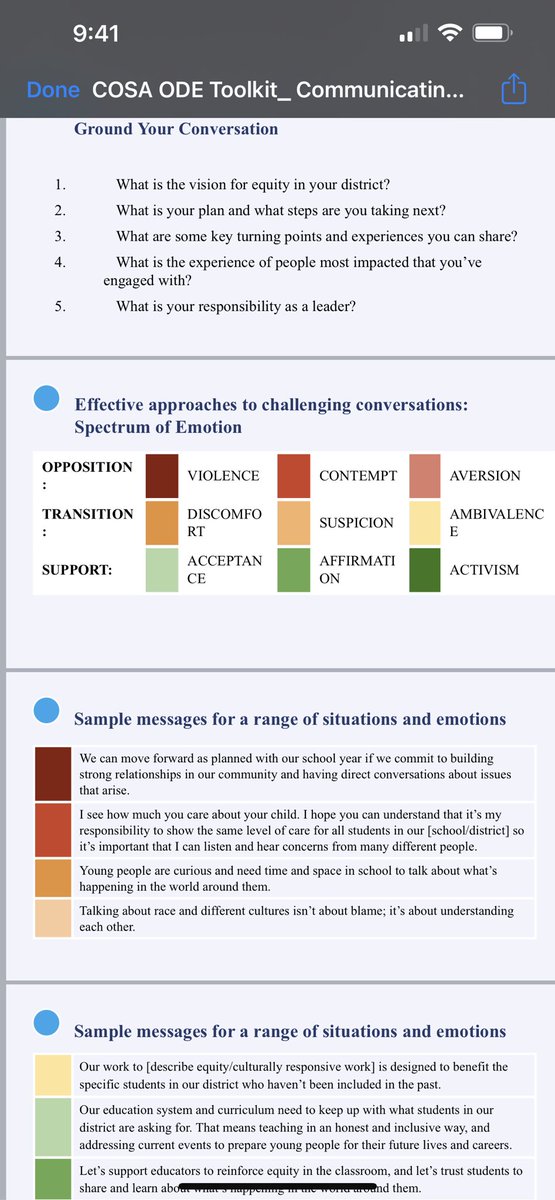
Here are a few things I have learned from over a quarter of a century of teaching. My advice to new teacher and professors:
1) Make sure there are clear learning outcomes at the beginning of each class. Write them on the board so they can be seen for the entire class.
1) Make sure there are clear learning outcomes at the beginning of each class. Write them on the board so they can be seen for the entire class.
2) Review the learning outcomes at the end of each class. *Ask* students to connect the content to the outcomes. (Don’t tell, ask.) That is, “Can anyone connect the learning outcome [say outcome] to what we did today?”
If nobody says anything, you can either make a joke like, “Not everybody at once,” or prod them by mentioning content and asking which learning objective it relates to.
No matter what the first student says, respond with something positive, like “good,” or even “thanks.”
No matter what the first student says, respond with something positive, like “good,” or even “thanks.”
3) Students need to get more out of your class than they would googling or on Wikipedia for the same amount of time. If students are on their phones, the class is not engaging enough.
This is not addressed by banning phones during class. It is addressed by making class more engaging—which can be the subject of another thread if people are interested.
4) Switch pedagogies every 20-30 minutes, with participatory lecture usually being one chunk. Limit team exercises to no more than 5% of the total class. And even then team exercises must be in direct service to the deliverable or learning outcome.
5) For classes over 1.5 hours, have a 5 or 10 minute break at the 60 minute mark. Put the easiest content closest to the break.
6) Always place the burden of clarity on yourself. Ask, “Is this clear?” or “Have I made this clear?”, as opposed to, “Does everyone get this?”
7) Teach to your passions. Every course should incorporate some aspect of your research. Tell students why you think what you’re writing about is interesting. Don’t be afraid to assign things you’ve written, especially if students don’t have to pay for them.
8) The “softer” the discipline, the more important it is to present views you do not agree with. If possible don’t present them yourself, assign readings by smart people who hold those views. When you do present opposing views, explicate only.
If you can’t help yourself and have to offer criticism, be clear that the objection is your opinion.
9) If you have an in-class exam, write the end time on the board and end the exam 5 minutes early so as to not be inconsiderate to the next professor.
10) Halfway through the course, assign a “minute paper.” That is, ask students to anonymously write down what they like and don’t like about the class and what changes they’d like to see.
Next class tell them what you learned—good and bad—and exactly what changes you intend to make. Follow up and tell them how you’ve made the changes.
• • •
Missing some Tweet in this thread? You can try to
force a refresh











